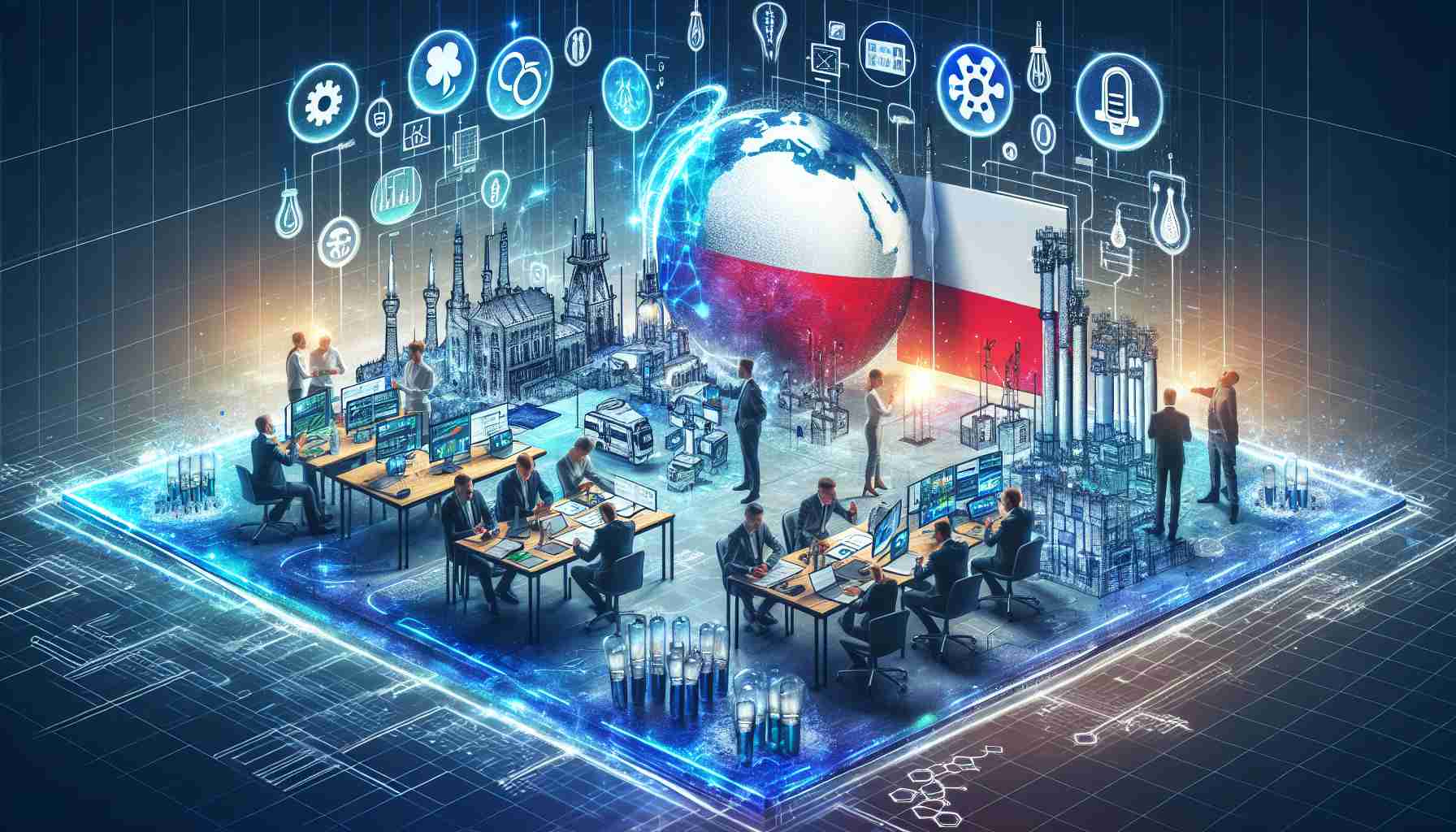Poland is taking significant strides toward developing a robust hydrogen economy, as underscored by a recent meeting led by Krzysztof Bolesta, the Deputy Minister of Climate and Environment. This gathering brought together various stakeholders to discuss the pivotal Sectoral Agreement aimed at fostering hydrogen initiatives within the country.
During the discussion, key aspects such as potential modifications to the Energy Law and ongoing public engagement were addressed, with a focus on aligning these with Poland’s overarching hydrogen strategy. The Deputy Minister emphasized the critical role of collaboration among diverse sectors, stating that the progress witnessed since the agreement’s inception in 2021 reflects the collective effort of government bodies, industries, academia, and non-governmental organizations.
The meeting served as a platform to provide updates on proposed legal changes essential for the advancement of hydrogen projects. Plans were also shared for the upcoming fourth Conference of the Parties to the Sectoral Agreement, which is set for late November, where stakeholders will evaluate next steps in hydrogen development.
The Coordination Council, active since October 2021, plays a vital role in this process, convening quarterly to assess achievements and strategize future actions. The scheduled final meeting of the year in December is particularly significant, as it aims to reflect on Poland’s advancements in hydrogen technology and outline targets for the year 2025, ensuring the nation remains at the forefront of the hydrogen economy.
FAQ Section on Poland’s Hydrogen Economy
What is the significance of the recent meeting led by Deputy Minister Krzysztof Bolesta?
The meeting focused on advancing Poland’s hydrogen economy through stakeholder collaboration and updates on legal modifications necessary for hydrogen project development. It aimed to strengthen the Sectoral Agreement established to promote hydrogen initiatives across various sectors in Poland.
What is the Sectoral Agreement?
The Sectoral Agreement is a framework designed to foster hydrogen initiatives in Poland. It involves collaboration among government bodies, industries, academia, and non-governmental organizations to develop a cohesive hydrogen strategy for the country.
How does the Energy Law factor into Poland’s hydrogen strategy?
Potential modifications to the Energy Law were discussed during the meeting to ensure that legal frameworks align with the goals of Poland’s hydrogen strategy, enhancing the development and deployment of hydrogen technologies.
What role does the Coordination Council play?
The Coordination Council, which has been active since October 2021, meets quarterly to review progress, assess achievements in hydrogen technology, and plan future actions, including setting targets for the year 2025.
What are the upcoming events related to the hydrogen sector in Poland?
The next significant event is the fourth Conference of the Parties to the Sectoral Agreement, scheduled for late November, where stakeholders will discuss progress and next steps in hydrogen development.
Why is public engagement important in developing hydrogen initiatives?
Public engagement is crucial as it involves informing and involving citizens and stakeholders in Poland’s hydrogen strategy, ensuring that the initiatives are aligned with societal needs and promoting a collaborative approach.
Key Terms:
– Hydrogen Economy: An economic system that utilizes hydrogen as a key component for energy production, storage, and consumption, promoting cleaner and more sustainable energy solutions.
– Sectoral Agreement: A collaborative framework among various stakeholders aimed at promoting the development of specific sectors, in this case, hydrogen initiatives in Poland.
– Coordination Council: A group responsible for overseeing and coordinating activities and strategies for hydrogen development, ensuring that efforts are aligned and effective.
Suggested Related Links:
Polish Ministry of Climate and Environment
